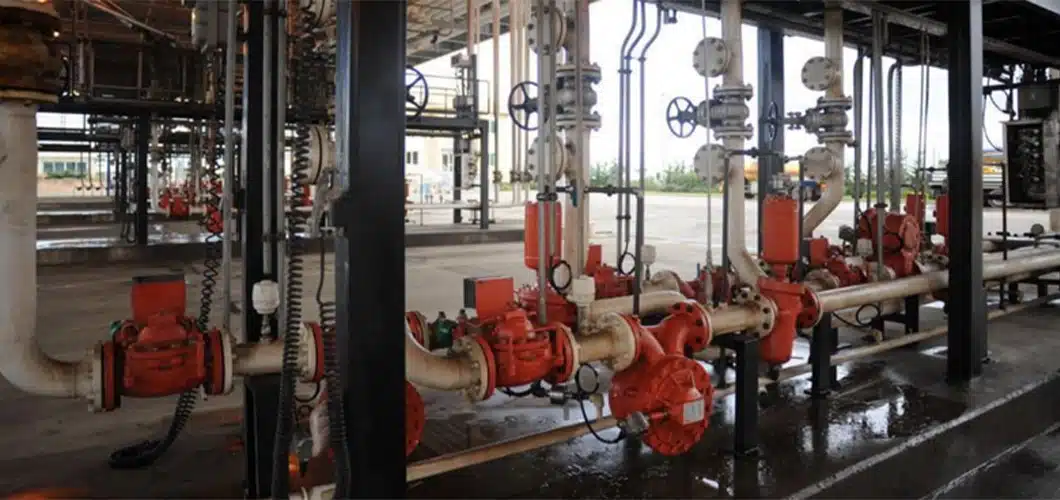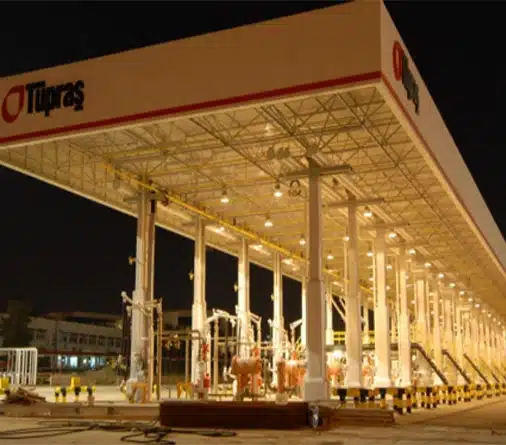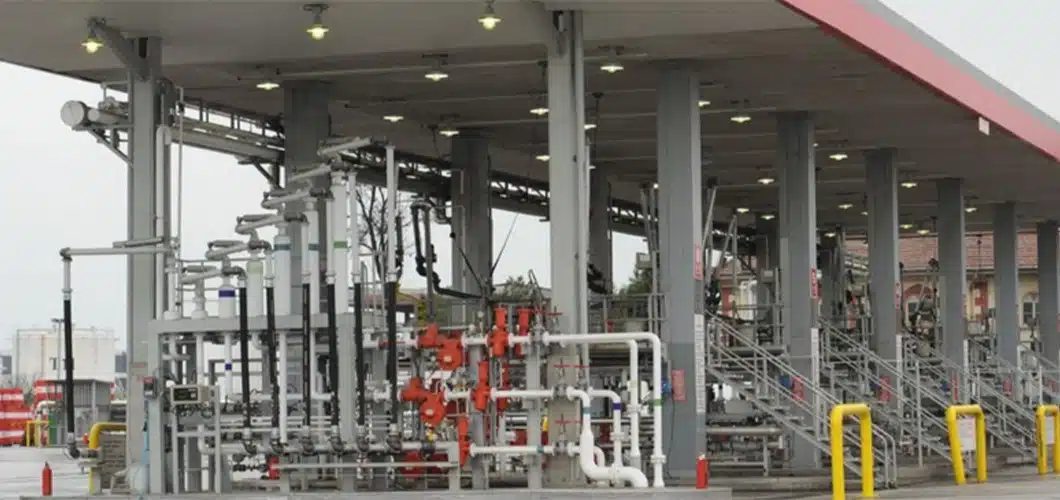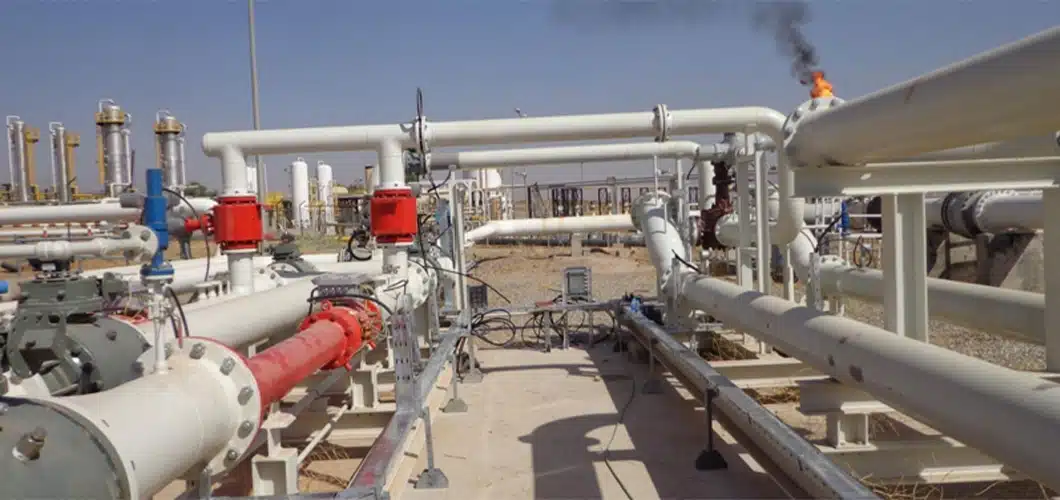The fuel injection system plays an important role in energy efficiency and environmental sustainability. Thanks to their continuous monitoring and automatic correction features, these systems support the efficient use of fuel, while improving engine performance and enabling stable operation of the system. The system also makes significant contributions to reducing operational costs and minimising environmental impacts. It is an important technology that aims to mix biodiesel, bioethanol and performative additives with fuel at the right ratios in refineries, tankers and fuel terminals. These systems, which operate with high precision in large-scale operations, guarantee that the fuel is delivered at a certain pressure and with the correct spray timing.

Fuel Injection System Parts in Vehicles
What is fuel injection? The fuel injection system is a vital mechanism in motor vehicles and industrial equipment that mixes fuel with air in precise proportions and sprays it into the combustion chamber. By carefully regulating pressure and quantity, these systems optimize the combustion process, ensuring maximum efficiency in energy conversion.
The fuel injection system module is an essential electronic unit that governs the operation of this mechanism, ensuring all components work in harmony. This module controls the amount of fuel and spray timing in real time, enabling the engine to deliver optimal performance.
The core components of the system include:
- Fuel Pump: Draws fuel from the tank and delivers it to other components at the correct pressure. This pump is fundamental to ensuring the system operates efficiently.
- Pressure Regulator: Maintains the fuel at a constant pressure for optimal atomization and homogeneous delivery to the combustion chamber.
- Fuel Injectors: Atomize the fuel in measured quantities and spray it into the combustion chamber. These injectors adjust the fuel-air mixture to meet the engine’s requirements.
- Filters: Purify the fuel by removing foreign materials and residues. Clean fuel contributes to the system’s longevity and trouble-free operation.
- Control Module: This electronic unit ensures all these components work in sync. By adjusting pressure, quantity, and timing in real time, it enhances system performance.
These components collectively form the fuel injection system.

The fuel injection system offers numerous advantages. It ensures fuel efficiency, reduces the emission of environmentally harmful gases, and enhances performance by providing the correct amount of fuel at the right time.
This system, especially in large-scale operations, provides energy efficiency and eco-friendly management, contributing to cost reduction and sustainable energy use.

Bio-Fuel Blending Systems
Bioethanol and biodiesel blending systems are modern technologies developed to improve energy efficiency and promote environmental sustainability. These systems facilitate the precise mixing of biofuels with fossil fuels, contributing to environmentally friendly energy production while offering cost advantages for businesses. Global warming and declining fossil fuel reserves are increasing the significance of bio-fuel blending systems daily.
In Turkey, the bio-fuel blending ratio is set at a minimum of 2% (E2), but globally this ratio can reach 5%, with expectations of reaching higher levels such as 20% in the future. Implementing these ratios ensures more efficient use of energy resources and minimizes environmental impacts, supporting sustainable development. However, without a proper blending process, serious issues such as pressure fluctuations, measurement errors, and safety problems can arise.
Biodiesel and bioethanol, in addition to their environmental benefits, play a significant role in diversifying energy sources and reducing dependence on petroleum. Especially the use of national marker technology enhances traceability and ensures the quality of blended fuels. Supporting blending processes with automation technologies increases operational safety and provides continuous data monitoring and analysis.
These systems not only offer environmental benefits but also provide advantages such as low operating costs, high energy efficiency, and easy integration. With precise control mechanisms, emission rates are reduced, and energy resources are utilized most efficiently.
In modern industrial applications, biodiesel and bioethanol blending systems provide an indispensable solution for both economic and environmental sustainability.
You can contact Mega Industry for more detailed information about fuel injection systems and biofuel-blending systems.

